The Role of Microbiota in Human Health
Introduction
The human body is a complex ecosystem, hosting a diverse community of microorganisms, collectively known as the microbiota. This community of bacteria, viruses, fungi, and other microorganisms plays a pivotal role in maintaining human health. They reside in various parts of the body, including the skin, mouth, and gut, with the latter housing the most significant number of these organisms. The gut microbiota, in particular, has been the subject of extensive research due to its profound influence on human health and disease.
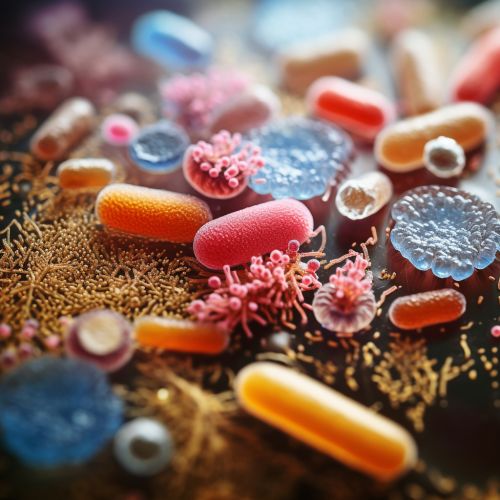
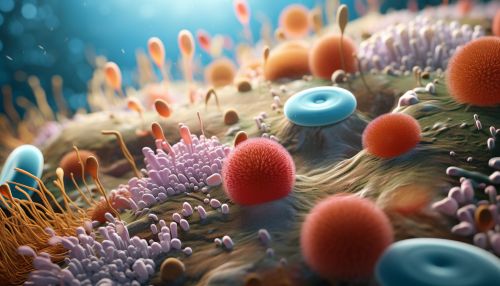
Composition of the Microbiota
The human microbiota is incredibly diverse, comprising over 1000 different species of bacteria alone. These microorganisms belong to various phyla, including Firmicutes, Bacteroidetes, Actinobacteria, and Proteobacteria, among others. Each individual has a unique microbiota composition, influenced by factors such as diet, environment, age, and genetics. This microbial diversity is crucial for maintaining a healthy physiological state, as different species have distinct roles in the body.
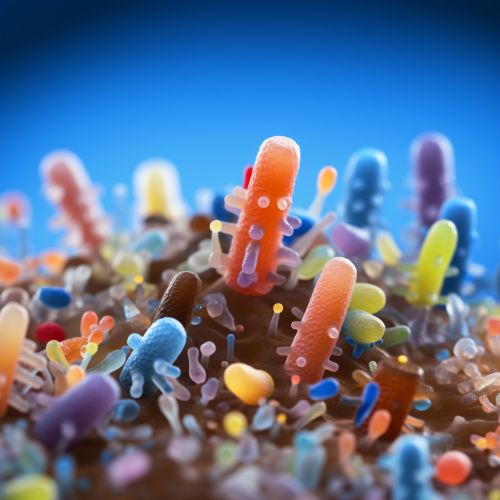
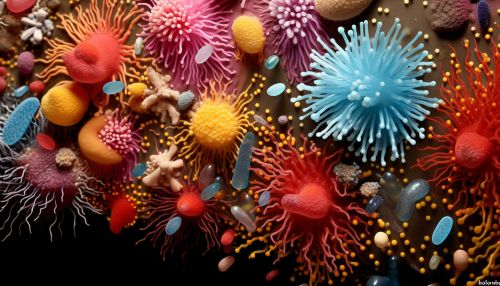
Role in Digestion and Metabolism
One of the primary roles of the gut microbiota is in digestion and metabolism. They aid in the breakdown of complex carbohydrates, proteins, and lipids, some of which are indigestible by human enzymes. The microbiota also produces essential vitamins and short-chain fatty acids (SCFAs), such as butyrate, propionate, and acetate, which serve as energy sources for the host and have various beneficial effects on health.


Role in Immune Function
The microbiota plays a crucial role in shaping and regulating the immune system. It aids in the development of immune cells and the production of antibodies. The microbiota also helps maintain immune homeostasis, preventing overactive immune responses that can lead to inflammation and autoimmune diseases.
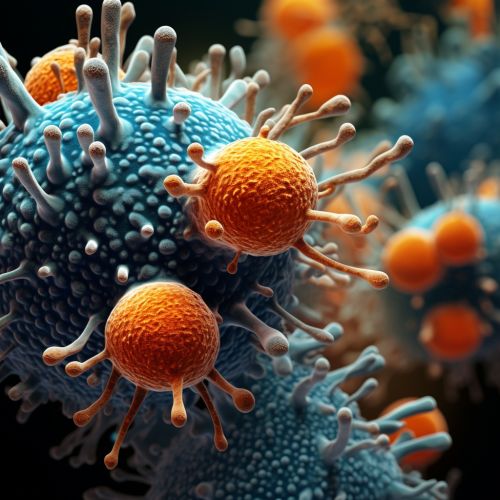
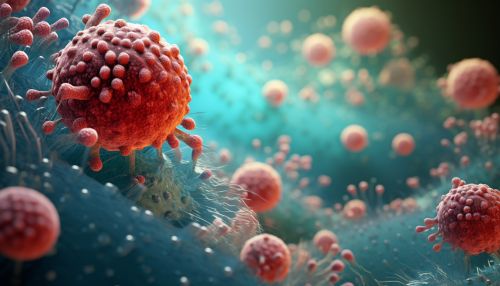
Role in Brain Function and Behavior
Emerging research suggests a link between the gut microbiota and the brain, known as the gut-brain axis. The microbiota can influence brain function and behavior through various mechanisms, including the production of neurotransmitters and modulation of the immune system. This connection may have implications for mental health disorders such as depression and anxiety.
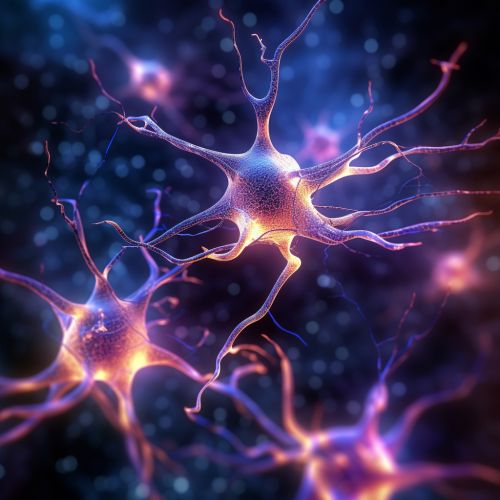
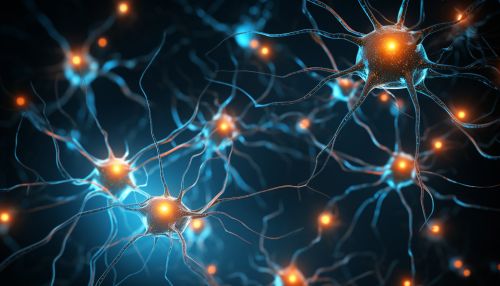
Microbiota and Disease
Dysbiosis, or imbalance in the microbiota, has been associated with various diseases, including inflammatory bowel disease, obesity, diabetes, and even cancer. Research is ongoing to understand the mechanisms behind these associations and to develop microbiota-based therapies for these conditions.
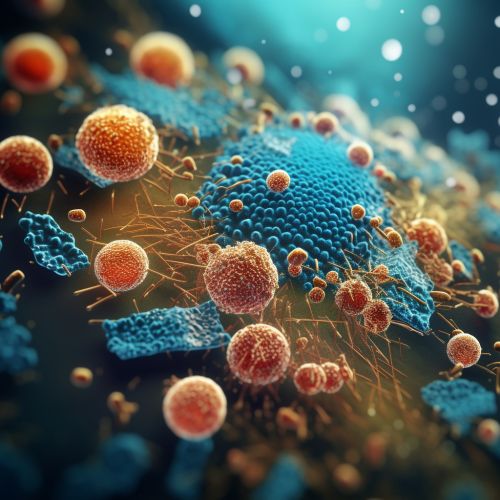
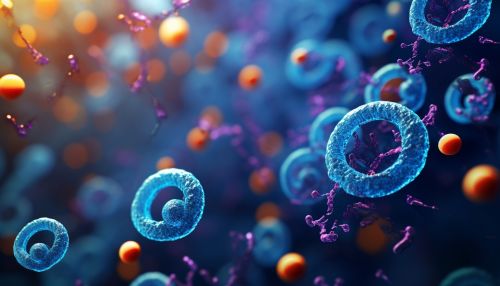
Conclusion
The human microbiota plays a fundamental role in health, influencing digestion, metabolism, immune function, and even brain activity. Understanding the complex interactions between the microbiota and the host can provide valuable insights into disease mechanisms and potential therapeutic strategies.
